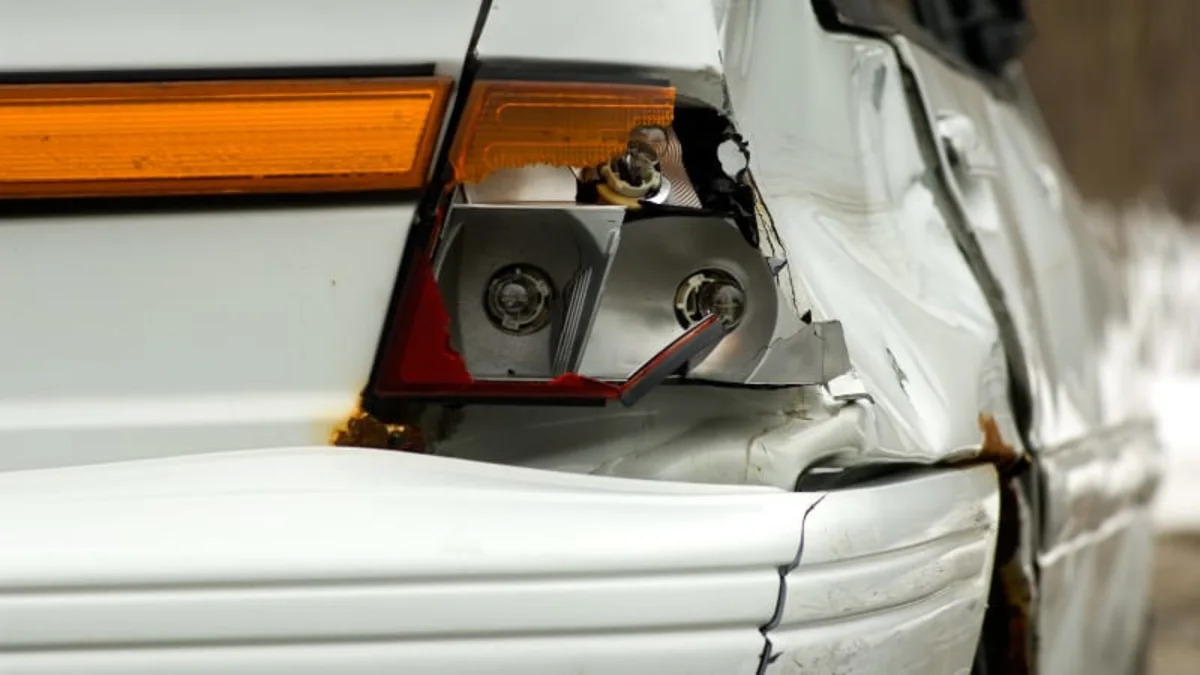Getting a ticket is never an especially happy experience, but a correctable violation, or "fix-it ticket," is less painful than most. These tickets give you the opportunity to fix the offending issue, so the violation doesn't go on your driving record or cost you a hefty fine. Typically, you'll pay just a modest fee to cover the court costs involved.
Examples of fix-it tickets
Fix-it tickets can be issued for a range of violations, depending on where you live. Common examples include a broken or non-functioning taillight or signal light, illegal accessories on your car, or missing or obscured license plates. Non-mechanical violations can also be treated as correctable violations, though this depends where you live. California considers expired licenses and registrations to be correctable violations, for example, while Utah does not. You can find your state's legislation on a clickable list at the FindLaw website.
Fixing the problem
If you're given a fix-it ticket, the first thing you should do is be sure you understand the conditions. The ticket should tell you how long you have to correct the violating issue, and may also tell you how to go about having the ticket dismissed afterwards.
If the full explanation isn't on the ticket, you should find a link to a page on your state's website where the process is laid out in detail. Once you know what to do and when to do it, you'll be able to fix the problem. That might mean a trip to the mechanic for physical problems or to the Department of Motor Vehicles to correct a paperwork issue.
Getting verification
Once you've fixed the issue, the next step is to have an authorized person verify the correction. This information should be on your ticket or on the court website for your state. The process can differ widely, depending on the violation. In California, a licensed inspection station can sign off on physical repairs, while you need to take registration issues to a DMV branch. For some violations, a police officer may also be able - or required - to verify the correction.
Dismissing the ticket
The final step to resolving your fix-it ticket is to present proof to the court that you're now in compliance. In California, you can do this in person at the court or by mail in some jurisdictions, but not online or by telephone. Other jurisdictions, such as North Carolina's Forsyth County, do offer the option of submitting proof of compliance electronically. This can be a great convenience, but you're responsible for making sure the information you provide is complete and accurate. The dismissal won't be accepted and processed if you provide incorrect information, and it's up to you to follow up and make sure the ticket was dismissed. You're typically required to pay an administrative fee to cover the court costs.


Sign in to post
Please sign in to leave a comment.
Continue